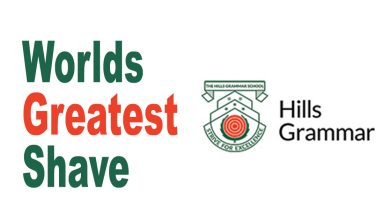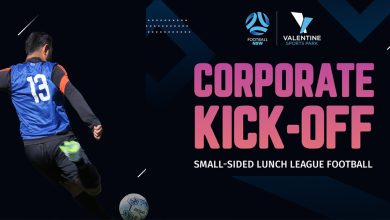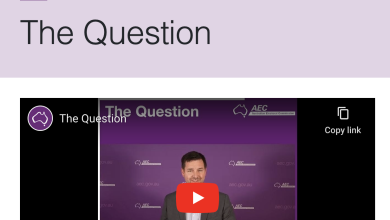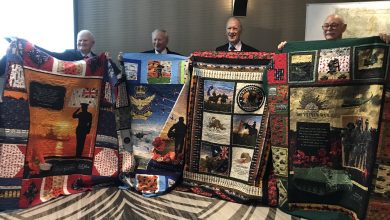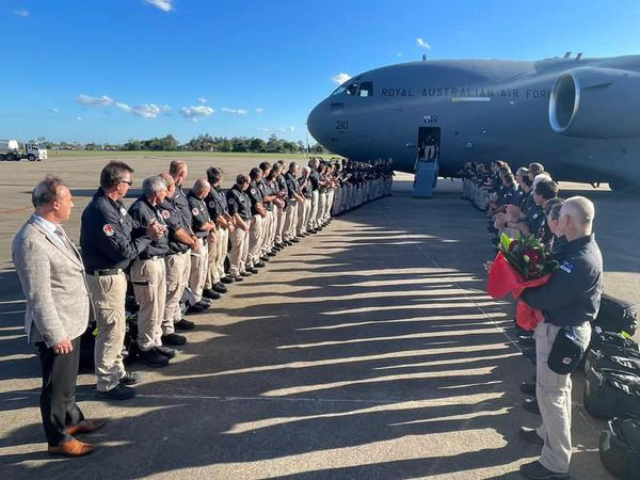INJURED WILDLIFE
Unfortunately, we live in a built-up area where occasionally our native wildlife comes off second best against cars, our pets, windows or even to extremes in the weather.
If you find a sick, injured or an orphaned animal, whether it be a native animal or a pet, similar principles apply.
Remove any threat to the animal, this includes keeping all people and pets away from the animal, to minimise stress for you to collect and take to your local vet or until a wildlife rescuer arrives.
If it is a baby bird, as long as it is in no danger, watch from a distance and wait to see if the parents are around, as they may be watching and will come down to feed the baby.
If injured the animal will need to see a vet to be assessed and treated. If you have available, wear appropriate PPE, including gloves when touching any animal, gently place a towel over the animal and place it in a ventilated box with a lid and transport it carefully to the nearest vet or wait for the wildlife rescuer to arrive. After placing the animal in a box you should immediately wash your hands or use hand sanitiser.
Do not give the animal water or food, unless instructed to by a vet or a wildlife rescuer. As they can be killed easily by aspirating water, milk or being fed the wrong foods. It is best to get them to a vet as soon as possible.
Vets will NOT charge to see and assess wildlife, but will need to decide if they can ever be brought back to a condition where they can be released back into the wild and live an active and pain-free life. They will be passed onto wildlife carers as soon as we know they have been assessed, treated, and have a care-plan in place for their rehabilitation.
Please note the EXACT location where the animal was found. Many young animals can possibly be reunited with their parents if we know the location. Many native animals are also very territorial and it is critical that we release them where they were found, when they are ready to release, to ensure their best chance of survival.
Please DO NOT approach snakes, monitor lizards, bats, large kangaroos or raptors such as eagles, falcons or hawks.
As these animals require specialist handling and MUST be rescued by trained wildlife rescuers.
If the animal is uninjured but you are concerned please call WIRES 1300 094 737 or Sydney Wildlife rescue/ advise line on 9413 4300 to discuss further. sydneyanimalhospitals.com.au

